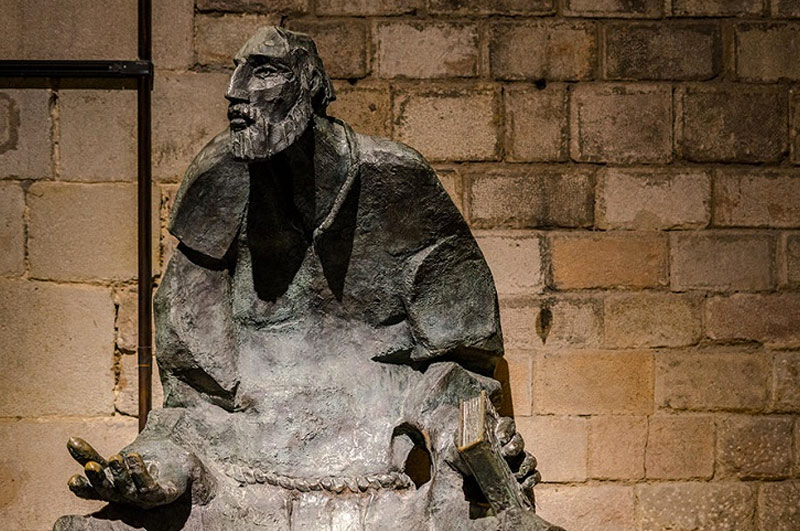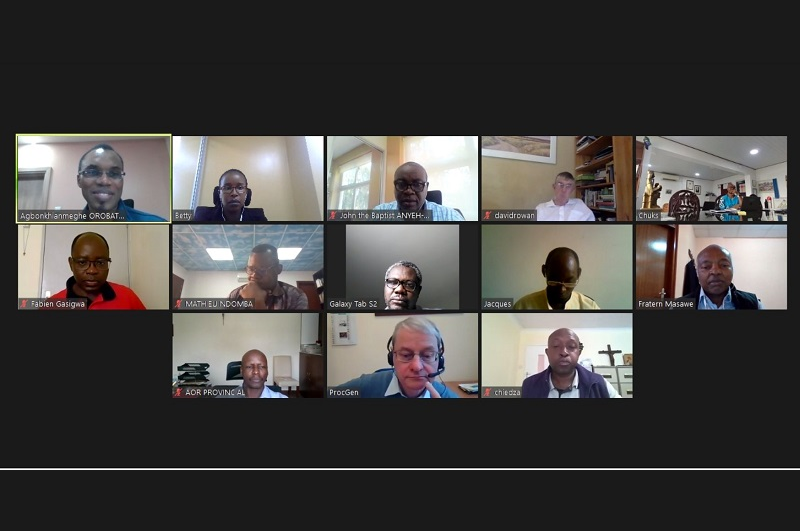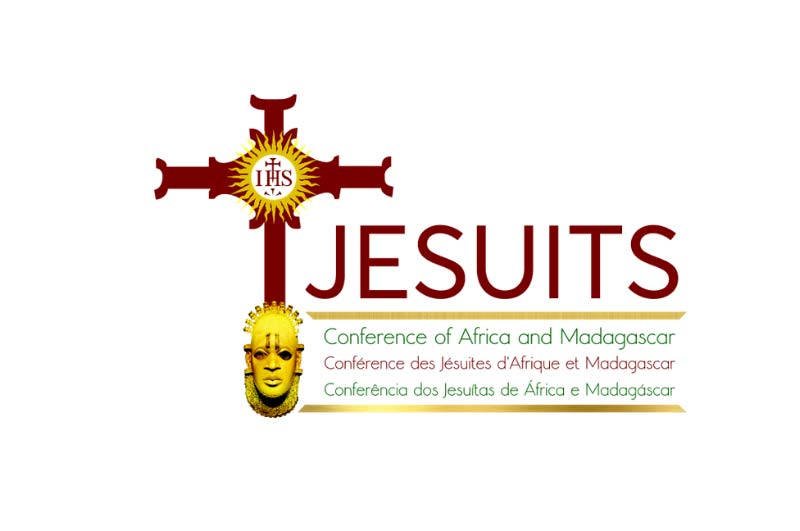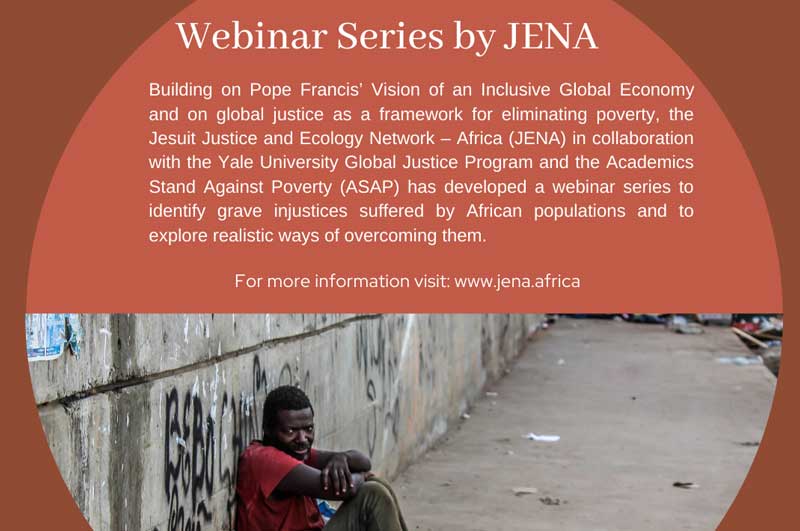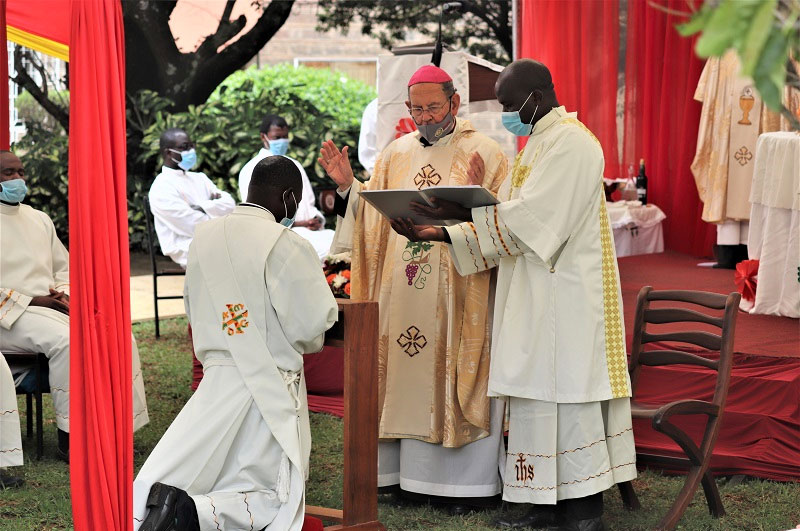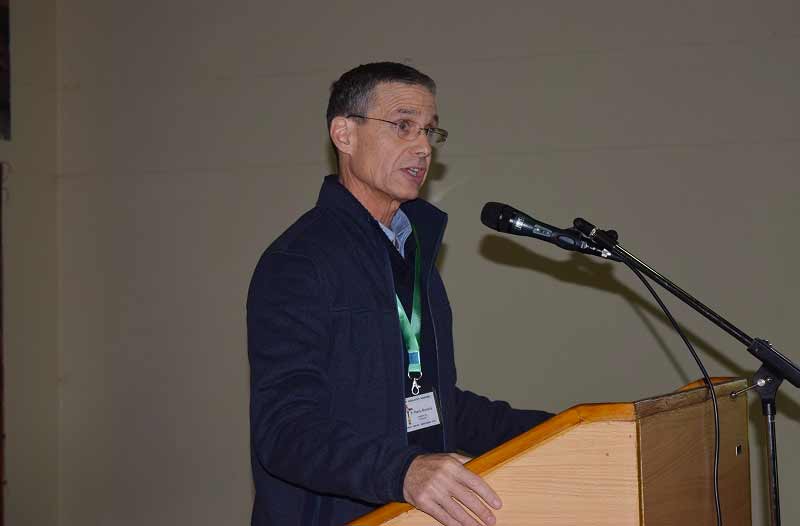


In the first talk from Fr Mark Ravizza SJ, he brought our attention to some interesting statistics: The majority of men in formation in the Society of Jesus is moving towards the Global South in the future. This means that the decisions we make now in formation will impact a substantial part of the Society of Jesus in the future. The Society of Jesus will be younger in the future: Men in the Global South tend to be younger. This is in the context of a dwindling body of the Society of Jesus. Therefore, there is a need for Global formation.
He then gave us his reflections on hopes, dreams and best practice:
- He explored the idea of probation, not in the sense of "getting it right" or in the sense of a rigorous "testing" against previously established benchmarks, but in the sense of the Society of Jesus and the man in formation "getting a sense" if the Society is right for him - testing his vocation in this sense. From this point of view, formation isn't about trying to push, stretch and squeeze men into a Jesuit mould. This image sees the formators being in control, instead of God. Christ is the formator and the invitation is to discernment, both on behalf of the formators and of the men in formation.
- He explored this idea of discernment further when he explored the misnaming of the UAP's. They are not like corporate end goals to be reached. They guide us in a different way. The old way of looking at the UAP's focussed on what we do: on mission. However, the new paradigm focuses on who we want to be, and how we are called to live. Therefore, they point to a renewal of life and a pathway of conversion.
- This new way of looking at the UAP's, or life-mission preferences, invites us to go back to the Exercises, and to engage in spiritual conversation, encouraging us to explore at a deeper level the communal dimension of Ignatian spirituality: communal discernment.
Finally, he stressed that the men in formation need to make our Ignatian charism a part of their everyday lives. This invites us to think about holistic formation, bringing together our academic, spiritual, communal and apostolic spheres of life. He outlined Adolfo Nicola's pedagogy of engagement in formation, which is invites us to:
- Analyse profoundly the complex and changing context of our mission
- Understand deeply the content of the catholic faith
- Analyse the ministerial competencies needed to communicate the Gospel and to help make the Kingdom of God in our world
- Appropriate the meaning and implications of the Jesuit Charism for life and mission.
This ultimately invites us see formation as a process of transformation.
Following this, we had the talk from Catherine Waiyaki from CLC. She focussed on expectations and suggestions for formation from a lay perspective:
The following image comes out strongly of a man with some of the following important characteristics endowed by his formation:
- A man who is genuine, human, and friendly, willing to spend time with people - with a desire that is deeper than mere pastoral responsibility. Who is available.
- A man who lives what he preaches with true conviction.
- A man who is willing and able to work with others in collaboration, relying and trusting on the input from trained lay professionals, rather than doing the work himself, which means the community is losing valuable pastoral time with him.
In terms of formation needs, Catherine mentioned some interesting points about what a man will need in formation:
- She spoke about the type of person who is in need of pastoral care today, who shares similar characteristics of the men in formation today. Among these 'millennials' there is a feeling of empowerment and willingness to question or test authority. They seek understanding and affirmation. They are also impatient to make an impact on the world. We need to understand these characteristics of the people to whom we giving pastoral care and the men in formation. She stressed that we need to prepare these men for what they will encounter in their pastoral work:
- Sacrament of reconciliation is an important pastoral outreach: Are our men being formed for this? Not simply from an intellectual perspective but from an emotional perspective. It is only when they can confront their own past and embrace healing in their own lives that they can offer this to others.
- Are we preparing them for adult conversation? Are they self-reliant?
- As defenders of the faith, are they making their faith their own, because the people they will be serving will want to make their faith their own to.
- Are they getting the support they need from their own communities? Or do they have to search for emotional support outside these contexts?
- Are we training men to be clerics and instilling an attitude of clericalism?
- There is an addiction to social media: how are the men being trained in responsible use of these tools of communication?

Catherine Waiyaki, from CLC
Finally, we had the group input. These two talks really impacted our group discussions. Some of the important things to come out of our group interactions:
- Conversion and transformation are words that were prominent throughout the day and most notable in our one sentence summaries.
- Conversion through the UAP's, through the Spiritual Exercises and by fully utilising our Ignatian heritage.
- In this, there seems to be a call to rebirth / renewal / re-creation: A renewal of our Jesuit identity and, through this, a reimagining of our formation process.
- This reimagining came through in the ideas of a holistic formation, seeing formation as an integrated conversion on the institutional, communal and individual level. Holistic formation which is seen as continuous formation.
- There was a call to see probation as a way to follow, in freedom, the movement of the Spirit, recognising at every stage that Christ is the formator and he is in charge. Also to see probation as a way for the men in formation to "taste and see", an honest evaluation of whether the Society of Jesus is right for them and where the Spirit is calling them.
- There was also a call to see formation as a response to the context for pastoral work and also to see formation responding to the individual needs of the man in formation for healing and integration, so that he may be of service to others on mission.

One of the cluster groups sharing and reflecting on the Formation Assembly guiding orientations
Related Articles
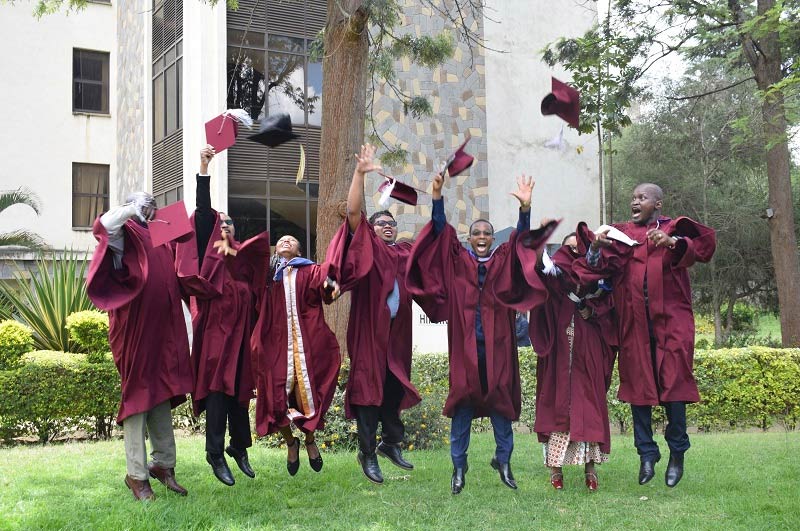
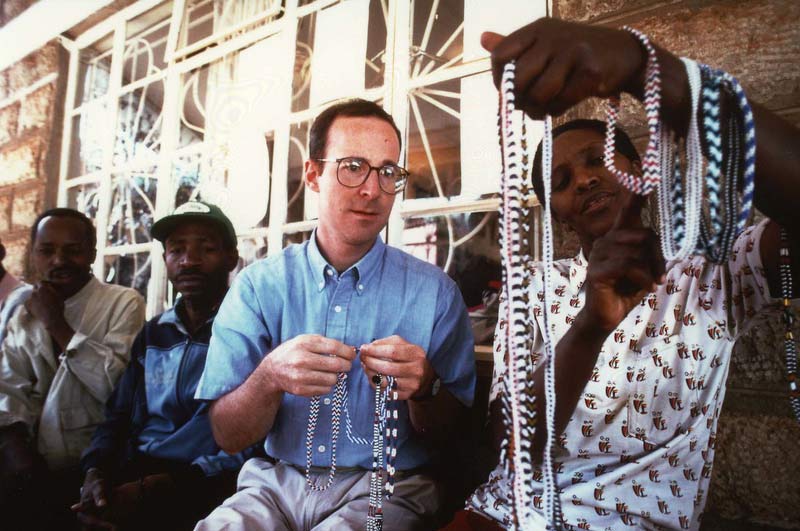
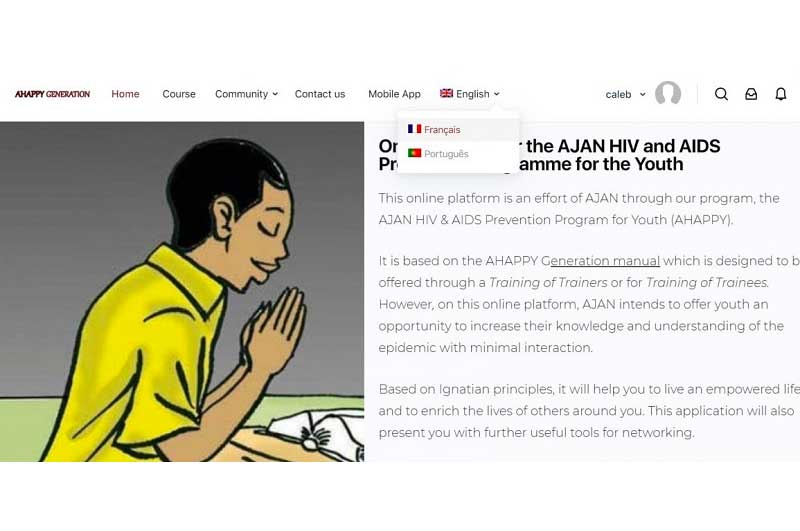
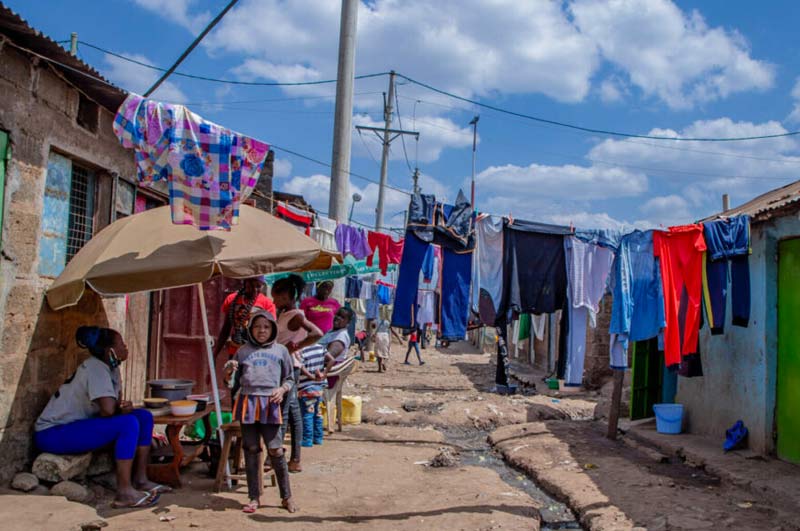
Select Payment Method
Pay by bank transfer
If you wish to make a donation by direct bank transfer please contact Fr Paul Hamill SJ treasurer@jesuits.africa. Fr Paul will get in touch with you about the best method of transfer for you and share account details with you. Donations can be one-off gifts or of any frequency; for example, you might wish to become a regular monthly donor of small amounts; that sort of reliable income can allow for very welcome forward planning in the development of the Society’s works in Africa and Madagascar.
Often it is easier to send a donation to an office within your own country and Fr Paul can advise on how that might be done. In some countries this kind of giving can also be recognised for tax relief and the necessary receipts will be issued.


